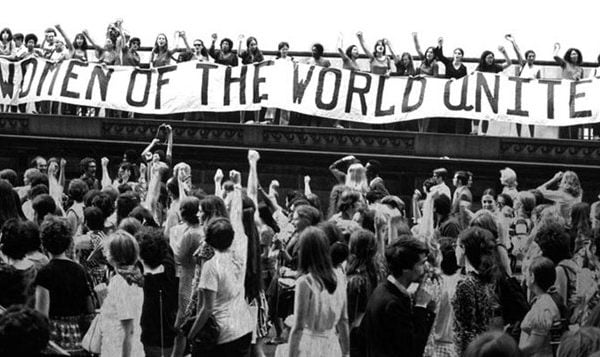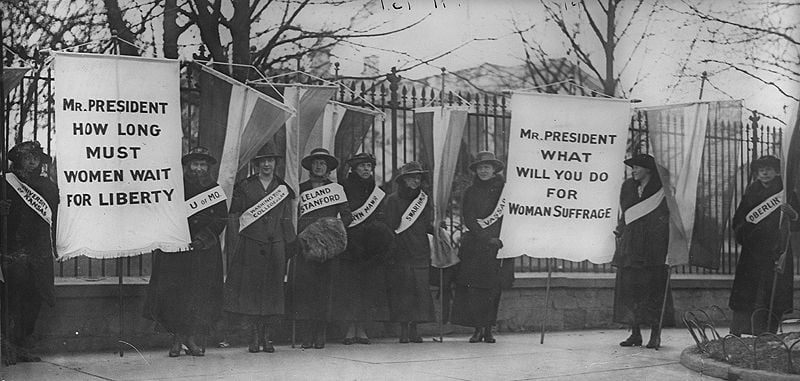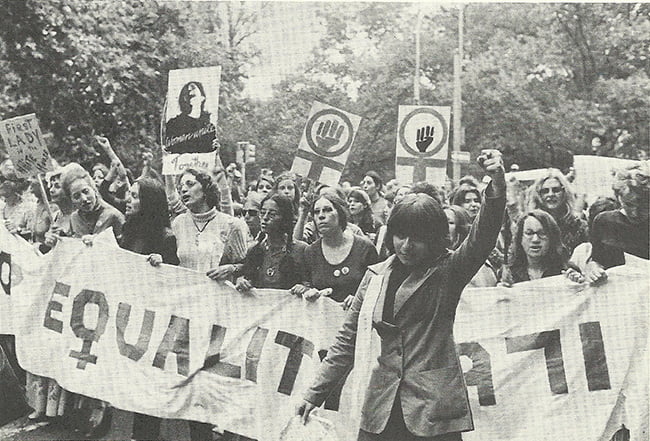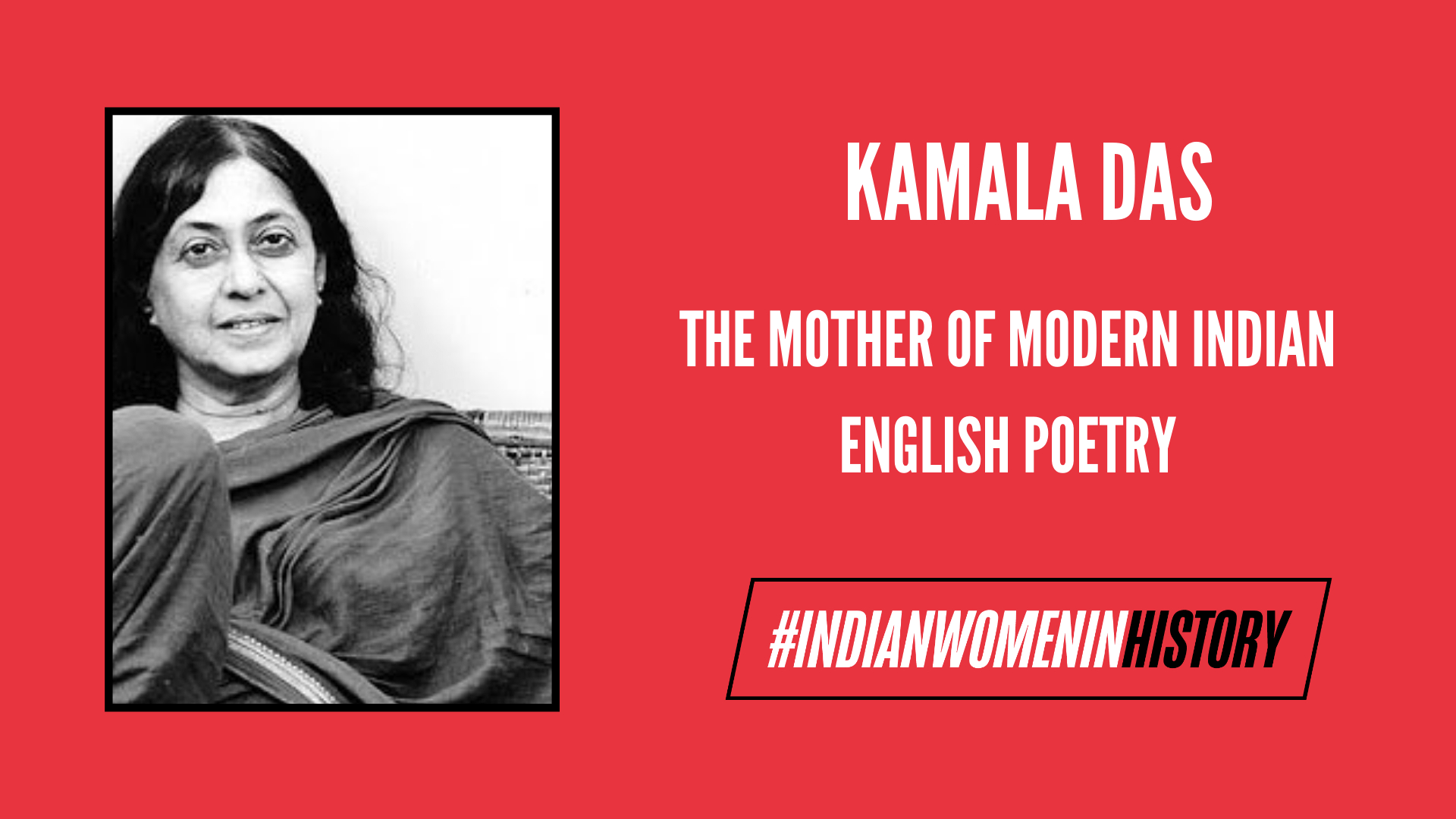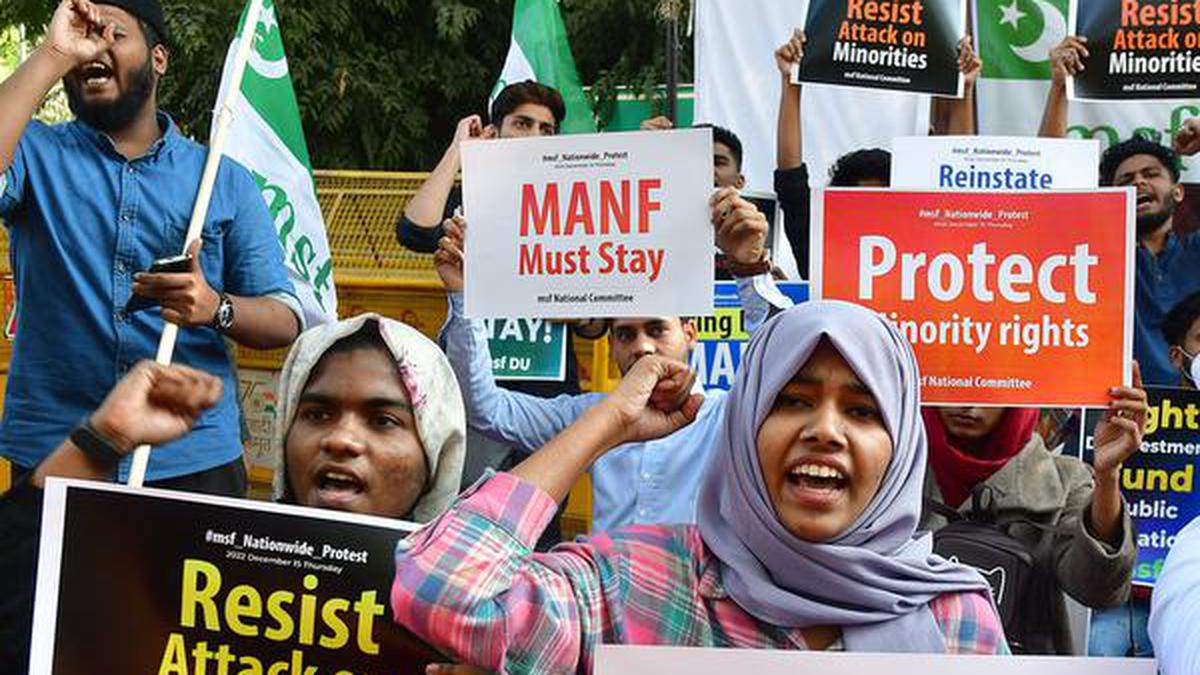Nupur Sharma’s alleged hate speech is one of the biggest controversies in our nation presently. But it must be noted that previously too, several BJP leaders have made anti-Muslim hate speeches. Ms Sharma’s offensive statement severely hurt the sentiments of Muslims not just in India but across the world and resulted in massive protests.
Despite several FIRs being filed against her, in various parts of the nation, she has failed to make an appearance. In Ms Sharma’s petition to quash such FIRs, the Supreme Court even went to the extent of commenting that she is single-handedly responsible for massive violence in the nation and is a security threat. For the apex court to make such comments is of great consequence, as has already been discussed by experts in the legal field.
Nupur Sharma’s alleged hate speech is one of the biggest controversies in our nation presently. But it must be noted that previously too, several BJP leaders have made anti-Muslim hate speeches. Ms Sharma’s offensive statement severely hurt the sentiments of Muslims not just in India but across the world and resulted in massive protests.
Since such hate speeches have the potential to cause violence and harm the unity of the nation, it has an impact not just on the Muslim community that is being targeted in the present scenario but on the integrity of the nation as a whole. This piece thus helps to shed light on the understanding of laws surrounding hate speech in India and why it cannot be delivered under the garb of the fundamental right to speech and expression.
Indian law on hate speech
“Your right to move your hand ends where the other person’s nose begins.”
A citizen’s fundamental right to freedom of speech is a basic feature of a democratic system. And Article 19 (1)(a) a provides for the respective right. However, such rights have reasonable limitations attached to them. Article 19(2) gives the state the authority to curb a citizen’s fundamental right to speech and expression “in the interests of the sovereignty and integrity of India, the security of the State, friendly relations with foreign States, public order, decency or morality or in relation to contempt of court, defamation or incitement to an offence“.
In 2017, the Law Commission of India gave its report stating that even if hate speech does possess complex challenges to freedom of speech and expression, it cannot be given constitutional protection. Consequently, the Indian Penal Code was amended, and Section 153C and Section 505A were introduced.
Despite several FIRs being filed against her, in various parts of the nation, she has failed to make an appearance. In Ms Sharma’s petition to quash such FIRs, the Supreme Court even went to the extent of commenting that she is single-handedly responsible for massive violence in the nation and is a security threat. For the apex court to make such comments is of great consequence, as has already been discussed by experts in the legal field.
The former prohibits incitement of hatred on certain grounds, one of which was religion. The latter penalises the intentional use of words on the grounds of religion in public which is gravely threatening or derogatory to cause fear or alarm or to provoke the use of unlawful violence. Moreover, Section 153A penalises the promotion of enmity between different groups on the grounds of religion and doing acts prejudicial to the maintenance of harmony.
Secondly, Section 295A attracts a criminal penalty for any individual that has deliberate and malicious intentions to outrage the religious feelings of any class. And third, section 298 deals with “uttering words with deliberate intent to wound the religious feelings of any person”.
In Brij Bhushan, Sections 153A and 295A were upheld as an exception under the ‘public order’ aspect of Article 19(2). In Lalai Singh Yadav, the court held that ordered security must always be safeguarded. It’s a positive principle without which creativity and freedom are meaningless.
Moreover, in Swaran Singh, the apex court held that even if a speech does not disturb the public order but is responsible for the spread of hatred and has hurt religious feelings, it will be deemed to have gone against the ‘decency and morality’ aspect of Article 19(2) and thus cannot be protected under Article 19 (1) (a). Hence, the respective sections of the IPC stated in the above paragraph can be viewed as reasonable exceptions to the freedom of speech and expression.

